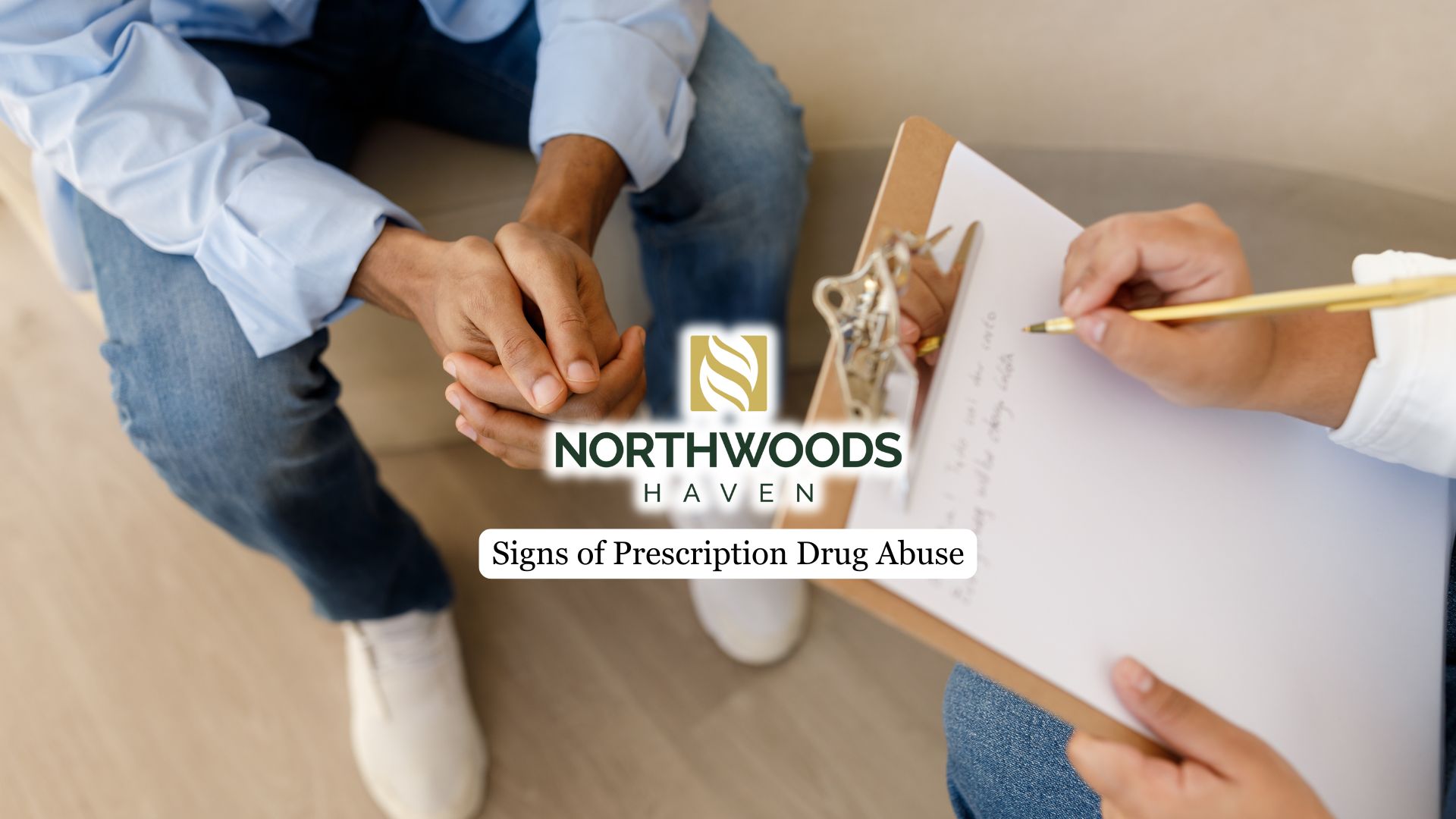Prescription drug abuse is a growing issue that impacts people of all ages and backgrounds. While these medications are prescribed to help manage pain, anxiety, and other health issues, misuse can lead to serious consequences. Often, the signs of prescription drug abuse are not immediately visible, and individuals may continue to function normally while secretly battling addiction.
From physical symptoms to behavioral and emotional changes, understanding the subtle indicators of misuse is key to identifying and addressing the problem early.
Understanding Prescription Drug Abuse
Prescription drug abuse refers to the intentional use of prescription medication in a manner other than prescribed. This can involve taking more of a drug than prescribed, using someone else’s prescription, or using the medication for non-medical purposes, such as achieving a desired high. Commonly abused prescription drugs include painkillers (opioids), anti-anxiety medications (benzodiazepines), and stimulants used to treat attention deficit hyperactivity disorder (ADHD).
If you or someone you know is struggling with prescription drug abuse, getting help early is important. Learn more about the prescription pill treatment options we offer in Minneapolis to support you on your path to recovery.
Physical Signs of Prescription Drug Abuse
Prescription drug abuse often manifests through physical symptoms that vary depending on the drug. For example, opioids, commonly used for pain management, can cause drowsiness, pinpoint pupils, and impaired coordination, making it difficult for individuals to function.
Stimulants prescribed for ADHD, on the other hand, can lead to increased heart rate, agitation, and excess energy, which can be noticeable in a person’s behavior.
Other common physical signs include slurred speech, particularly with opioid or benzodiazepine abuse, as these drugs have sedative effects. Nausea and vomiting are also frequent symptoms, especially with painkillers, when taken in excess.
Weight fluctuations are another indicator of abuse, as stimulants may cause weight loss, while other drugs can lead to weight gain. Poor coordination is also common, as drugs affecting the central nervous system impair motor skills, leading to difficulty with balance and movement.

Behavioral and Psychological Signs of Prescription Drug Abuse
Individuals may engage in “doctor shopping”, visiting multiple healthcare providers to obtain prescriptions or insist on being prescribed specific medications, particularly if they have developed a dependency.
Also, those abusing prescription drugs may begin to neglect their responsibilities, such as work, school, or family obligations, as drug use becomes a higher priority. Social withdrawal is also common, as individuals may isolate themselves due to shame or a desire to hide their behavior.
On the psychological side, drug misuse can result in cognitive issues such as memory problems, confusion, and difficulty concentrating. Mood swings are also frequent, with individuals experiencing extreme highs followed by deep sadness or irritability.
While many prescription drugs are prescribed to manage anxiety or depression, their misuse often worsens these issues, leading to heightened anxiety or deeper depression. In severe cases, individuals may exhibit symptoms like psychosis or paranoia, which can further complicate mental health and affect personal relationships.
Impact and Complications of Prescription Drug Abuse on Health
Opioids can cause respiratory depression, which may be fatal in the event of an overdose. Long-term misuse of benzodiazepines can lead to memory issues, cognitive decline, and an increased risk of accidents due to impaired coordination. Stimulant abuse, especially in high doses, can result in cardiovascular problems, including high blood pressure, heart attacks, and strokes.
Beyond physical health risks, prescription drug abuse leads to significant complications. Addiction is a primary concern, with individuals becoming dependent on the drug and struggling to stop despite severe consequences. Overdose is another critical risk, particularly with opioids and benzodiazepines, often requiring immediate medical attention.
Those who misuse prescription medications may face legal consequences, such as criminal charges for doctor shopping or using someone else’s prescription. At the same time, financial strain can arise as the cost of obtaining drugs increases.
Final Thoughts from Northwoods Haven Recovery
Prescription drug abuse can have serious and lasting effects. At Northwoods Haven, we understand that overcoming addiction requires not only addressing the symptoms, but also treating the whole person. Our programs in Minneapolis, MN provide personalized care that supports both physical and mental health. With evidence-based treatment, we offer a safe, supportive environment to help individuals break free from addiction, regain control, and thrive in their long-term recovery.



